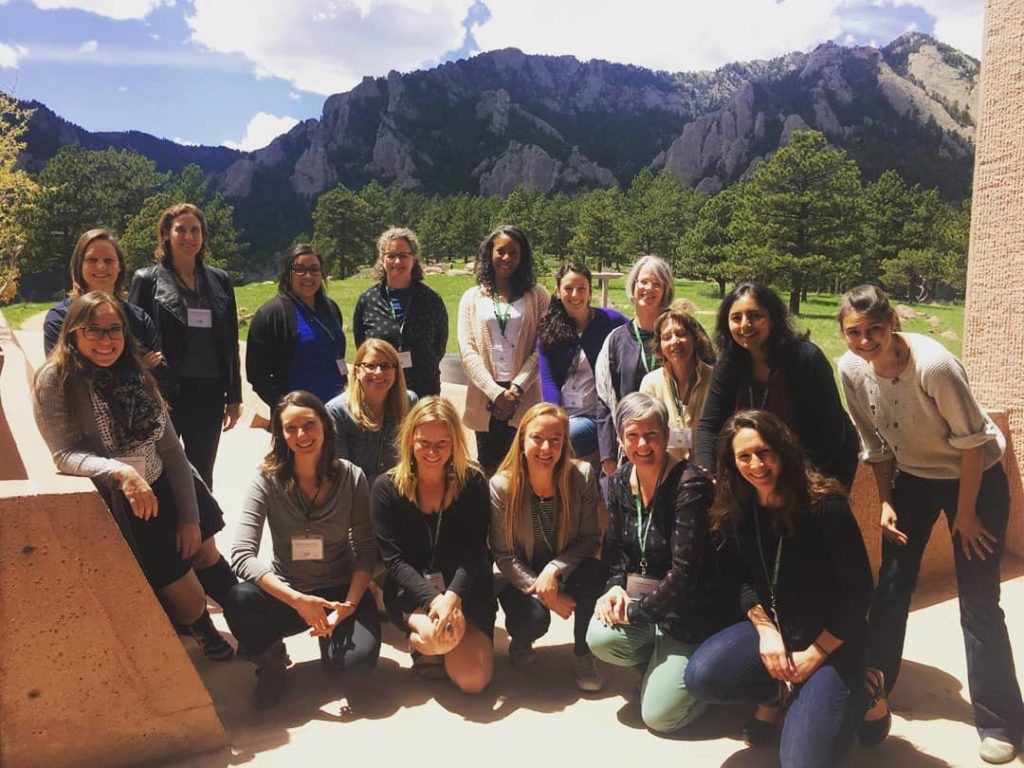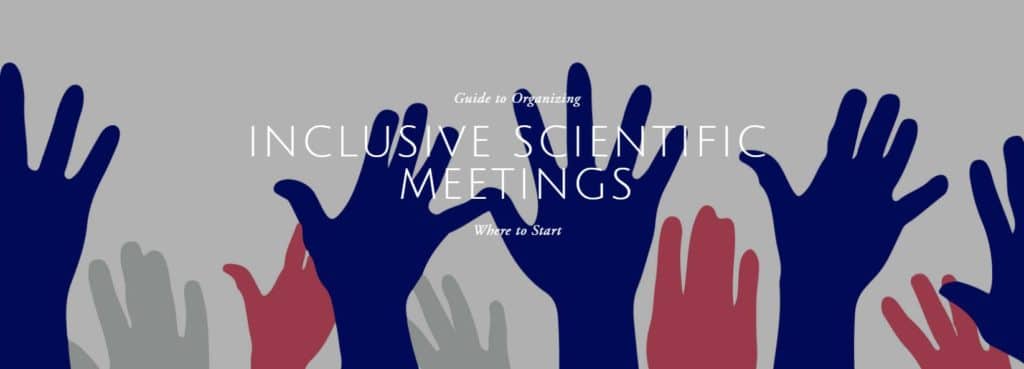How to plan an inclusive scientific meeting
Scientific meetings can be exciting, a dose of scientific enthusiasm! We are able to share our ideas, learn from others, find collaborators, and reunite with existing colleagues. Meetings are a critical part of the global scientific enterprise. Network development and the exchange of ideas are essential for building a career in science. While modes of virtual interaction become commonplace, in person meetings remain essential for building relationships and trust and for bridging different perspectives on challenging problems.
Unfortunately, not all scientists have positive experiences when they attend scientific meetings. Members of our scientific communities are sometimes left out (intentionally or otherwise); others feel isolated in meetings when they do not see others who look like them or share a common background; some encounter barriers, such as lack of childcare or safe bathroom spaces, that keep them from fully participating; and some are targets of harassment and assault at meetings (National Science Board 2015).
Scientific meetings often happen outside of our home institutions and provide an additional opportunity to make the culture and practice of science more inclusive. This document presents some concrete recommendations for how to incorporate inclusion and equity practices into scientific meetings, from the ground up! We have organized the report into three sections: (1) Planning a meeting; (2) During the meeting, and (3) Assessing the meeting.
Recommendations will be updated over time, incorporating feedback from meeting organizers who focus on equity and inclusion and share their successes and failures. Sharing these experiences will allow us to iterate on these guidelines as we identify areas for improvement. These recommendations are a result of a working group, organized by 500 Women Scientists and the Earth Science Women’s Network with support from the Aspen Global Change Institute.
The guidelines are available online via our partners at 500 Women Scientists and as a downloadable document.
Nature News piece: How to counter ‘manels’ and make scientific meetings more inclusive
This is a working document! Please provide feedback here

Many of the contributors to the guide on Inclusive Scientific Meetings, gathered at the NCAR Mesa Lab in Boulder, CO – May 2018

